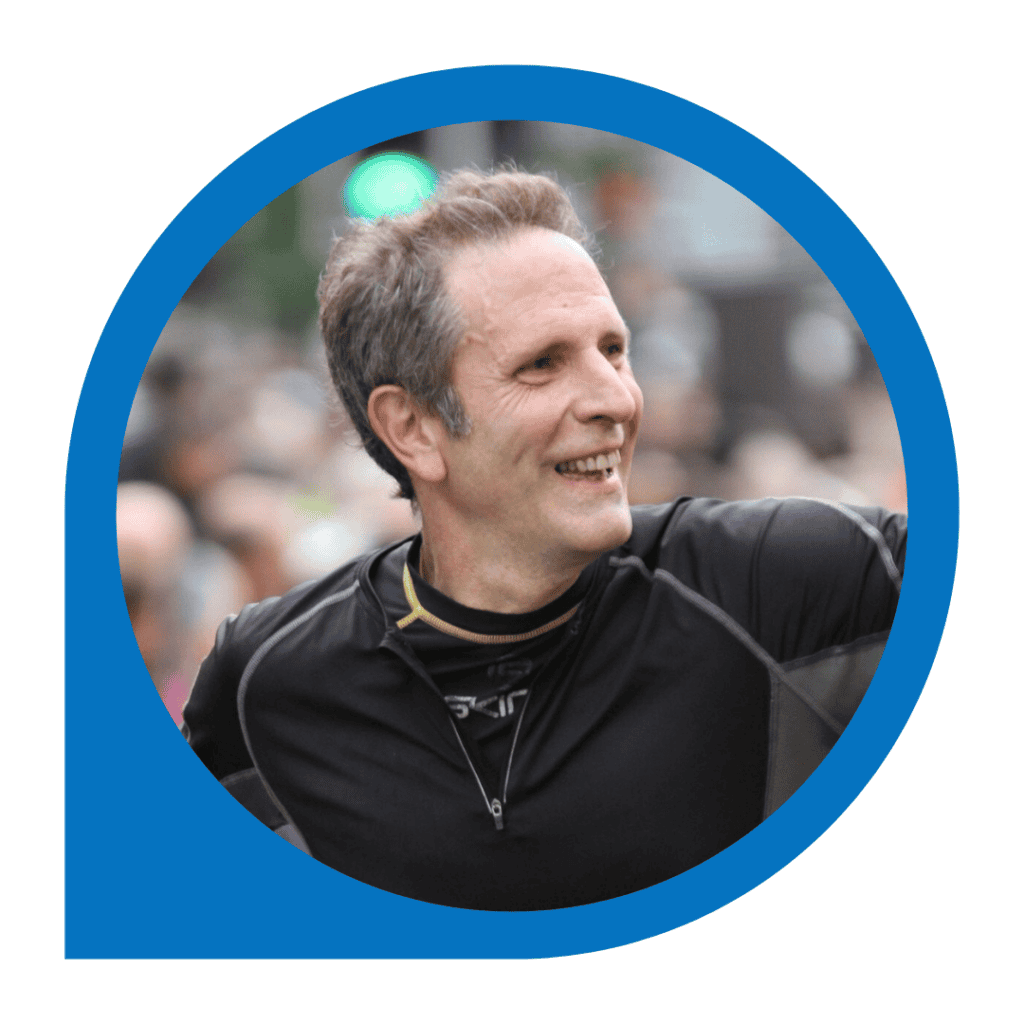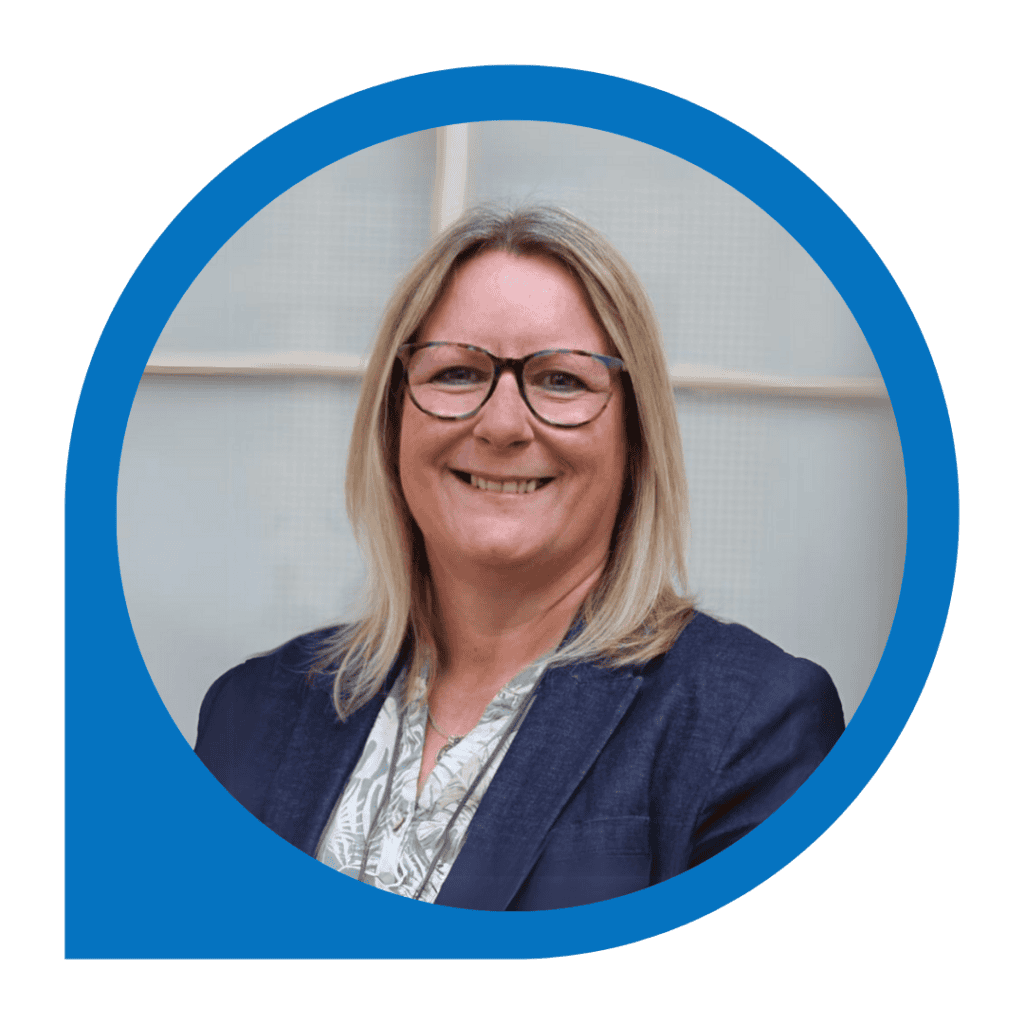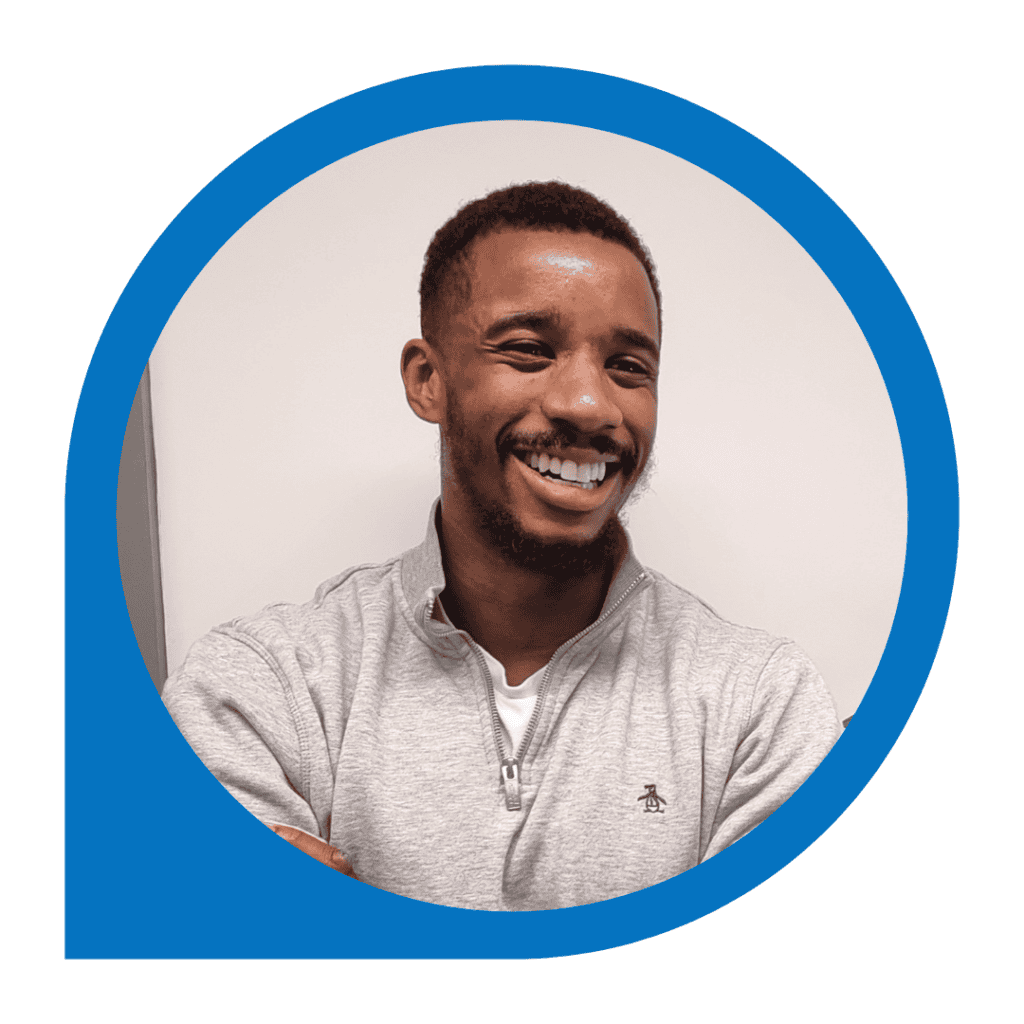Growing up in military bases across the world, Suzanne Whittall was exposed to a unique subculture of military life. In this special edition of Five Minutes With, Suzanne takes us on her journey of being an ‘Army Brat’ and how this inspired her to become a Clinical Psychologist supporting veterans, reservists and their families with their mental health.
As we near closer to events such as Remembrance Day, Suzanne also shares helpful tips and advice for those who could find the next few weeks particularly triggering.
Hi Suzanne, please could you start by telling us a little bit about yourself and what you do at Team BSMHFT?

I am a Clinical Psychologist working in the treatment pathway of OpCourage. OpCourage is the NHS Service designed to support veterans, reservists, and their families with mental health issues. Within my role I aid in the assessment and treatment of veterans and their carers often through joint working with our partnership organisations like Walking with the Wounded, local NHS services such as talking therapies and Community Mental Health teams and veteran support organisations like Royal British Legion and SSAFA, the armed forces charity. I provide support to organisations working with veterans through training, consultation and attending veteran outreaches. I am also part of Veterans Voices, our service’s co-production group designed to support veterans to be involved in service development.
Why did you decide to pursue a career in mental health specifically?

I grew up as an Army Brat on military bases across the world. When I was 11 years old, I saw a drama on the BBC called Warriors based on British soldiers serving in Bosnia in 1993 on a peacekeeping tour, showing not only the ethical dilemmas faced by the soldiers but also the after effects including post traumatic stress disorder (PTSD). Coming from a military family, whilst I grew up knowing and respecting the role of the Armed Forces I had been protected from the after effects of this, but this drama opened my eyes to a side of the military I had never really considered, I began to ask more questions and my parents spoke about the toll this had taken on the mental health of their friends and family members. I heard about my great uncle coming back from World War II with “shell shock” and no one really knowing what to do or how to support him. Equally my dad would speak about his colleagues struggles and suicide attempts. Coming from a family where the capacity to serve and protect your country was so important, I wanted to be able to help and support our Armed Forces community particularly being drawn to supporting them with the toll this took on their mental health.
How many veterans are there in Birmingham and Solihull?
This is quite a tricky question, in the 2021 census they reported there were 5,851 veterans in Solihull and 17,771 in Birmingham. However, not all veterans would identify themselves or inform services that they are a veteran. The Royal British Legion launched a campaign to encourage NHS services to ask the question as whether a service user is a veteran as services were not regularly asking or recording the answer. BSMHFT now have the capacity to record this on our systems and encourage all staff to ask that important question.
This time of year can be quite triggering for veterans, please could you talk more about this?
This time of year can be tricky for veterans for a variety of reasons. We start with Halloween and the increased chance of unknown and unexpected visitors in the form of trick or treaters on their doorsteps. Many veterans who struggle with their mental health can find unexpected events and strangers difficult. As we move into Bonfire Night there is an increase in the number of fireworks being set off, which seems to continue through to Diwali, Christmas and the New Year. Veterans will describe different aspects of this as being challenging, for some the sound triggers off memories of attacks (shots, mortars or bombs), for others it is the sight of the colours across the sky, reminiscent of other times of bombs (tracers) and for others it is how unexpected the fireworks can be, with people setting these off at different times and different places, there seems to be no escape.

We are also in a lead up to Remembrance Day, a time of reflection on the past, and particularly one of remembering those lost, many of whom never got a chance to grieve as they were in the middle of a conflict and it was not safe to do so. I would always advise those struggling to reach out for support, there are many places veterans can access for support, from emotional support lines like Combat Stress 0800 138 1619 and OpCourage 0300 323 0139, to your GP or peer support through local veteran outreaches like the Veterans Contact Point in Coventry, the Tri-Service Centre in Stafford or the Royal Orthopaedic Hospital in Shropshire.
There are so many organisations and sources of support available for veterans, sometimes they just need signposting in the right direction through resources like the Veterans Gateway or if you approach a veteran organisation (e.g. Royal British Legion, SSAFA or Walking with Wounded) they will often signpost you in the right direction if they think others services would be helpful. There are lots of tips online for specific issues, such as, managing Bonfire Night and we will be posting some on our BSMHFT website in the run-up to Remembrance Day. If you are trying to support a loved one, the Ripple Pond has some great resources and advice.
Has there ever been a stand-out moment in your career that has made you pause and reflect?
There are so many moments in my career that I am proud of like being able to do mental health and suicide prevention training with the RAF and I am always looking out for ways we can create proactive intervention. However, one thing that always stands out to me was being able to complete a piece of work with a veteran with a visit to the National Memorial Arboretum (NMA). The NMA has memorials for conflicts, operations, and the different elements of the Armed Forces. It is an incredibly moving place to visit, and at the heart of it a memorial made of walls containing the names of Armed Forces Personnel who have given their lives in service of the UK since World War II. Visiting the NMA was a culmination of our work and it was incredibly moving, providing the veteran with the opportunity to say goodbye to a friend he had lost.
Tell us something that people might not know about you

People may not know that I have a black belt in kickboxing. I have always enjoyed this as a way of managing stress and grounding following work. You have to be truly present to prevent yourself or others from getting hurt whilst training, so it has always been a great way of grounding.
Describe yourself in three words
Optimistic, persistent, and flexible.
Published: 1 November 2023









